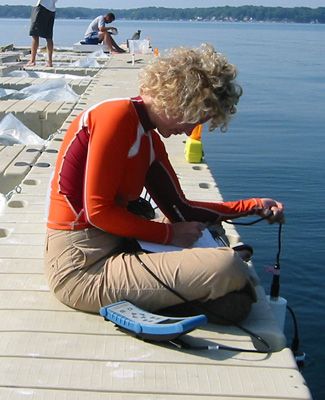MSU's W.K. Kellogg Biological Station Continues To Answer New Questions About Environment

MSU's W.K. Kellogg Biological Station Continues To Answer New Questions About Environment
June 12, 2023The W.K. Kellogg Biological Station Long-Term Ecological Research program at Michigan State University recently received a renewal of its foundational grant from the National Science Foundation, reaffirming its future and status as one of the country’s premier research sites.
“This grant provides the opportunity to answer new questions about how ecological systems are responding to global environmental changes and how we will work to understand the resilience of our ecosystems,” said Nick Haddad, a professor in the Department of Integrative Biology in the MSU College of Natural Science, and a KBS faculty member.
Established in 1989, the LTER at KBS is one of 28 NSF Long-Term Ecological Research sites nationally and is the only one dedicated to understanding the ecology of agricultural systems. With a focus on row crops, the 34-year-old program studies how agriculture can be environmentally friendly without harming yields. The station is located about 60 miles southwest of the main MSU campus.




